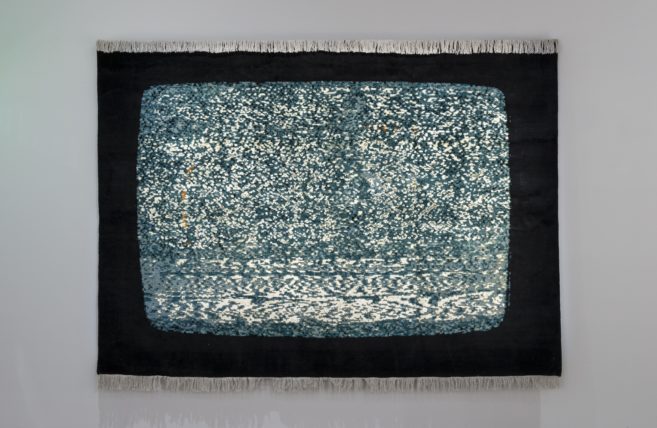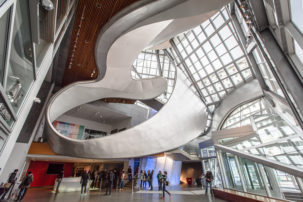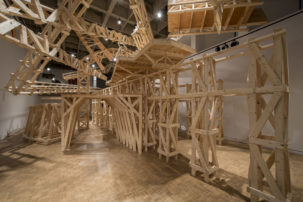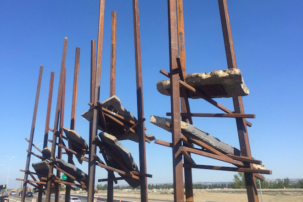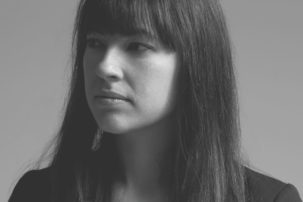Voices are growing internationally for Warren B. Kanders to be removed from the Whitney Museum board.
In recent months, activists and Whitney Museum workers have expressed concern that Kanders, the owner of a company called Safariland, is responsible for tear gas used against migrants at the US/Mexico border and also against protestors at Standing Rock.
“As a Whitney Biennial artist I did not feel comfortable letting this current situation at the Whitney happen without making my position on this known,” writes Thirza Cuthand.
Yesterday, an open letter calling for Kanders’s removal from the Whitney Museum board was updated with signatures from several artists participating in the upcoming Whitney Biennial opening May 17—including artist Thirza Cuthand, who is based in Toronto, and Caroline Monnet, who is based in Montreal.
“I’ve been following the situation at the Whitney with Warren B. Kanders and the resulting political pressure on him to step down from the board,” Thirza Cuthand tells Canadian Art via email. “As an Indigenous artist I’m concerned when my involvement in a show might support larger issues like artwashing money gained from weapons manufacturing.”
The open letter Cuthand signed states that places like art galleries “have long functioned as ‘good places to convert roughly obtained private wealth into social prestige.’” It also credits “dozens of grassroots groups that have been taking action at the Whitney Museum” in recent weeks for moving the needle on this issue.
“The places where Safariland tear gas has been deployed include many sites where I feel a connection with the groups of people being targeted, including Standing Rock, Palestine, Ferguson and the US/Mexico border,” Thirza Cuthand states via email. “As a Whitney Biennial artist I did not feel comfortable letting this current situation at the Whitney happen without making my position on this known.”
“I believe cultural institutions have a responsibility and the capacity to invoke change towards a more equitable and inclusive society. Kanders’s involvement within the institution contradicts those values,” writes Caroline Monnet.
When first released in early April 2019, the open letter was signed by more than 120 critics and scholars. It followed from a letter that some 100 Whitney Museum staff sent to museum management in late November 2018.
“I stand in solidarity with the Whitney Museum staff,” artist Caroline Monnet tells Canadian Art via email, when asked about her reasons for signing. “I believe cultural institutions have a responsibility and the capacity to invoke change toward a more equitable and inclusive society. Kanders’s involvement within the institution contradicts those values.”
So far, Monnet says, “I’ve had a great and respectful experience with the Biennial staff. Very professional, organized and welcoming.” When asked about her hopes for the letter, Monnet adds: “I hope my signature can act to push further awareness and articulation on the issues of war, state violence, displacement, land theft, mass incarceration, and climate disaster.”
Other artists and academics connected to Canada have also signed the letter in recent weeks. Anne Carson (New York University), Denise Ferreira da Silva (University of British Columbia)and Bojana Videkanić (University of Waterloo) signed the early April edition. Jen Budney (University of Saskatchewan) and Emily Vey Duke (Syracuse University) added their names on April 29 alongside international artists including including Barbara Kruger, Nan Goldin, Hans Haacke and Andrea Fraser.
The Whitney Museum’s director Adam Weinberg, responding to related concerns, stated last year that “The Whitney is first and foremost a museum….It cannot right all the ills of an unjust world, nor is that its role.”
But the signatories of the letter, whether in Canada, the US or elsewhere, beg to differ.
“Saying ‘no’ to Kanders opens a positive opportunity to begin a deep, and long-overdue conversation about artwashing, the role of private funding in the cultural sphere, and the accountability of institutions to the communities they claim to serve,” states the open letter. It adds: “This moment is an opportunity for museum leadership to do the right thing.”

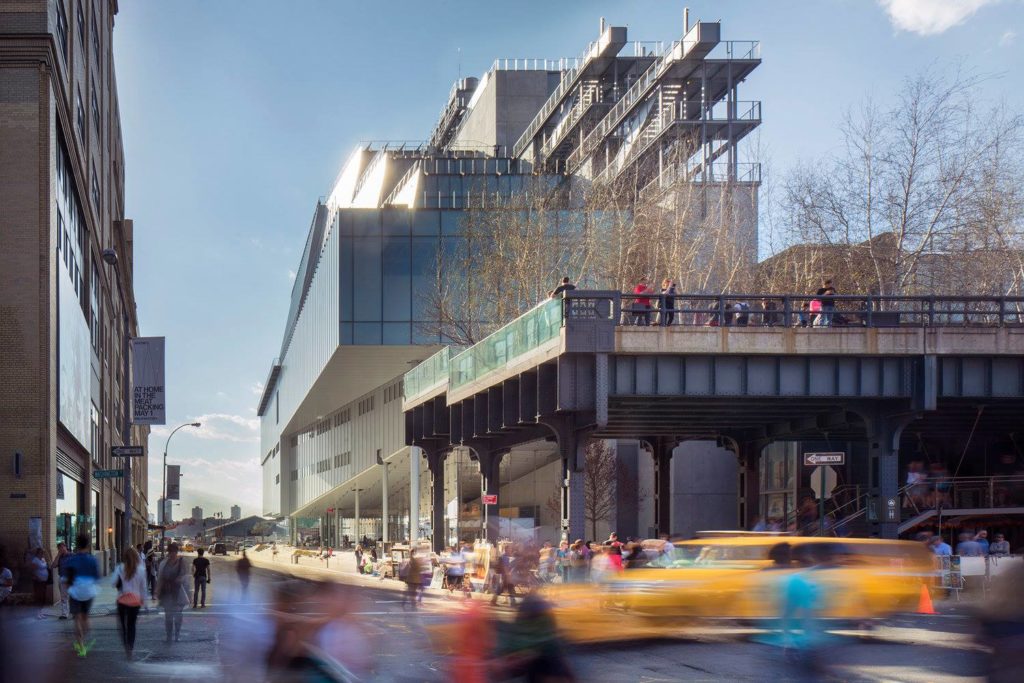 A view of the Whitney Museum in New York. Photo: Facebook.
A view of the Whitney Museum in New York. Photo: Facebook.
